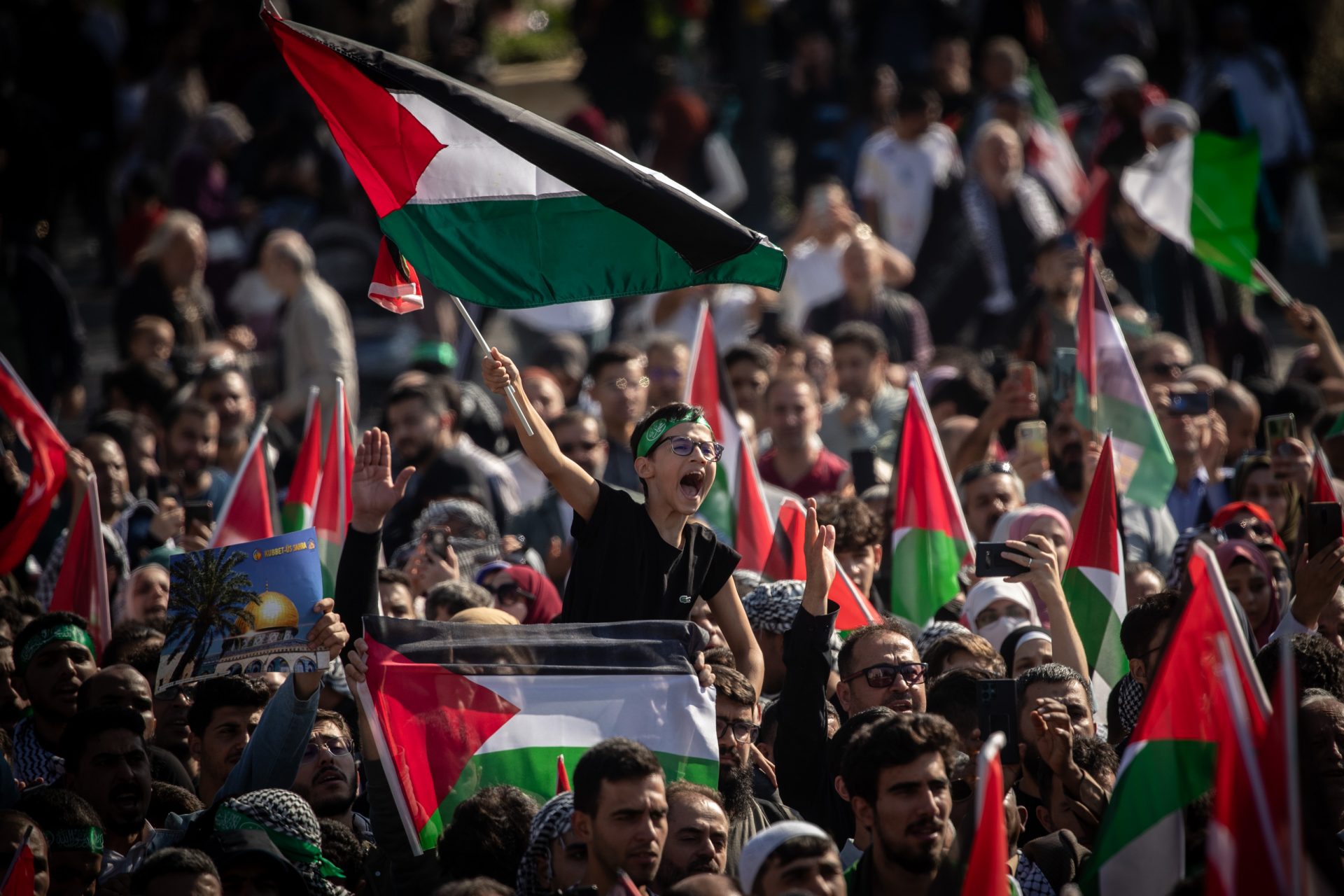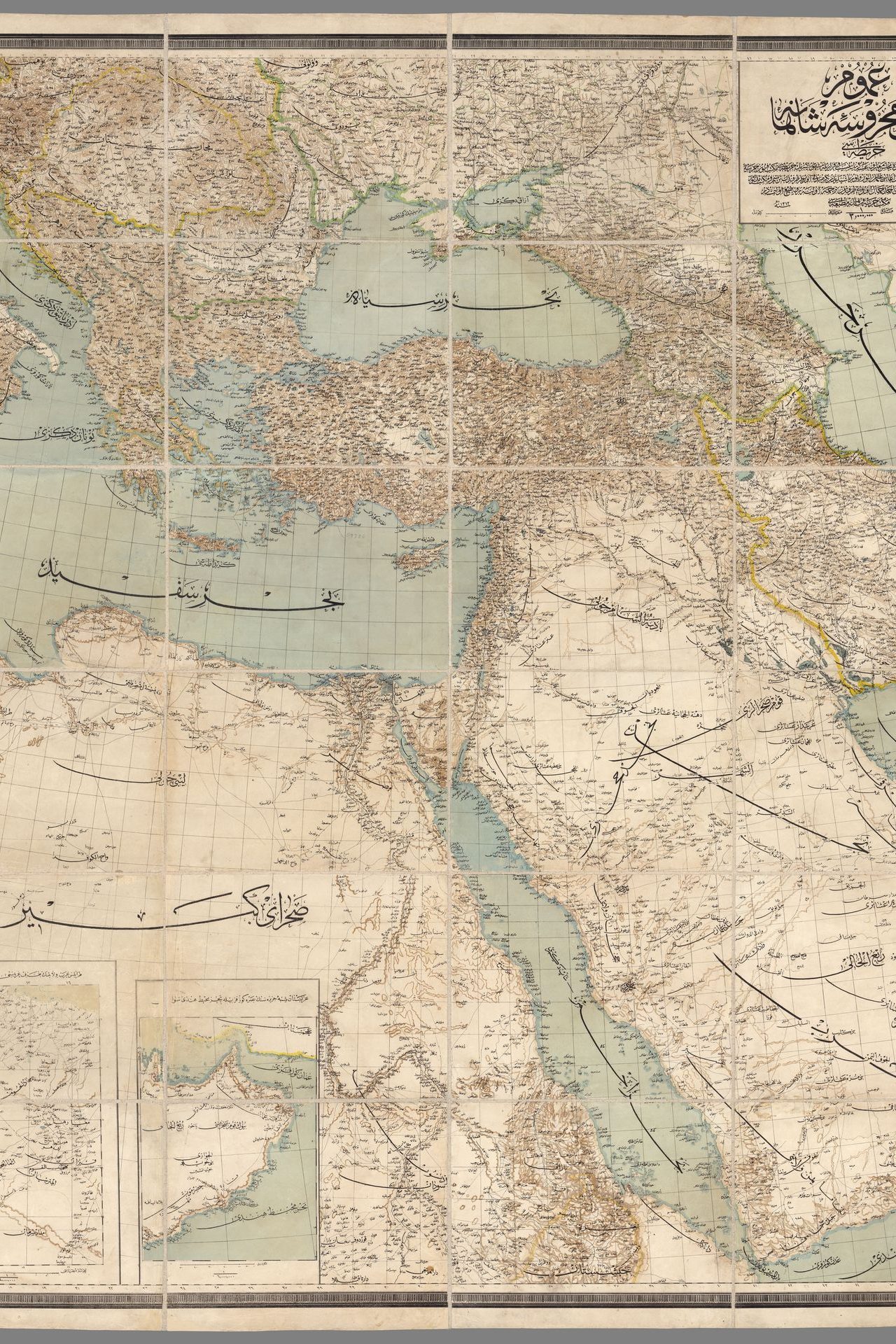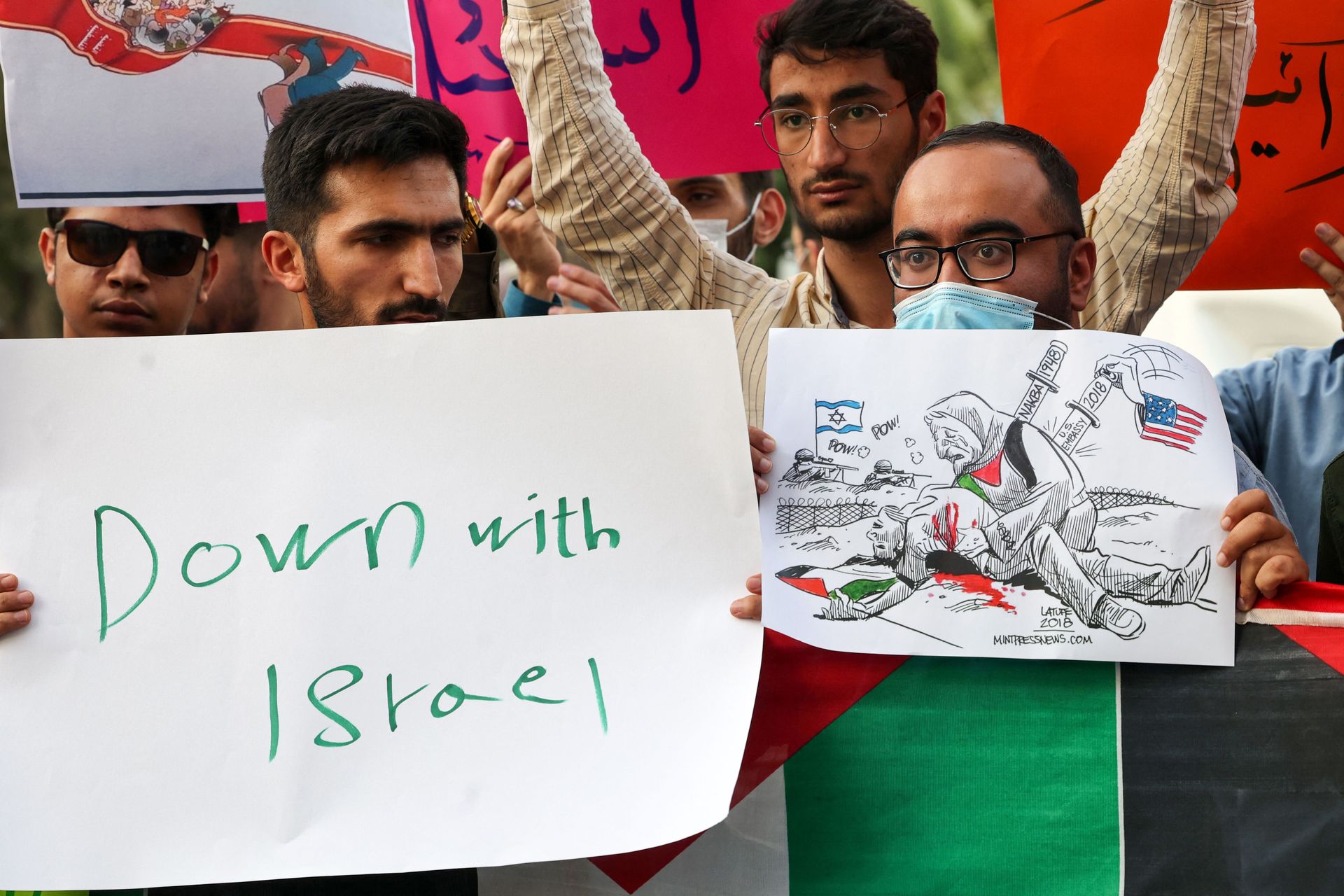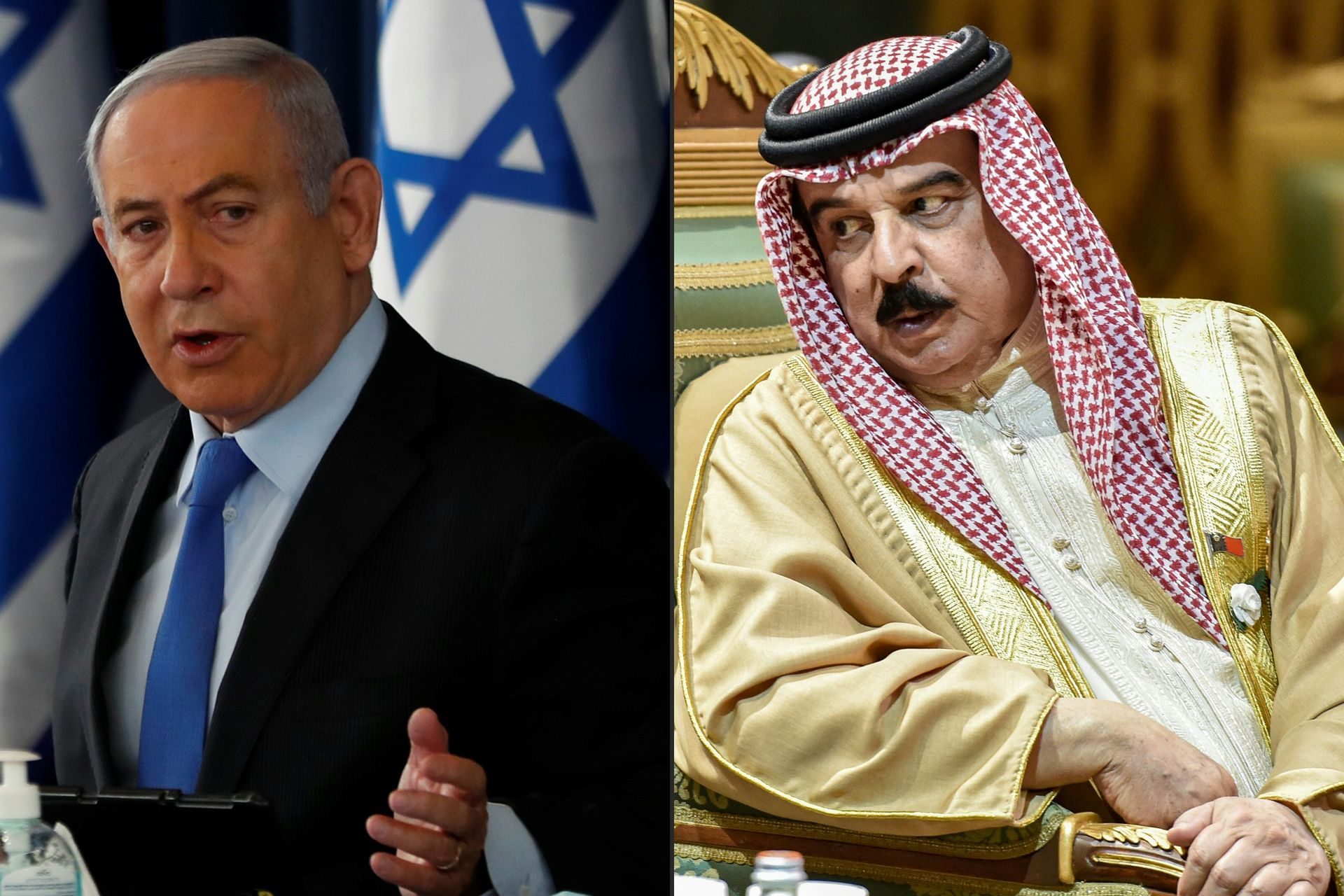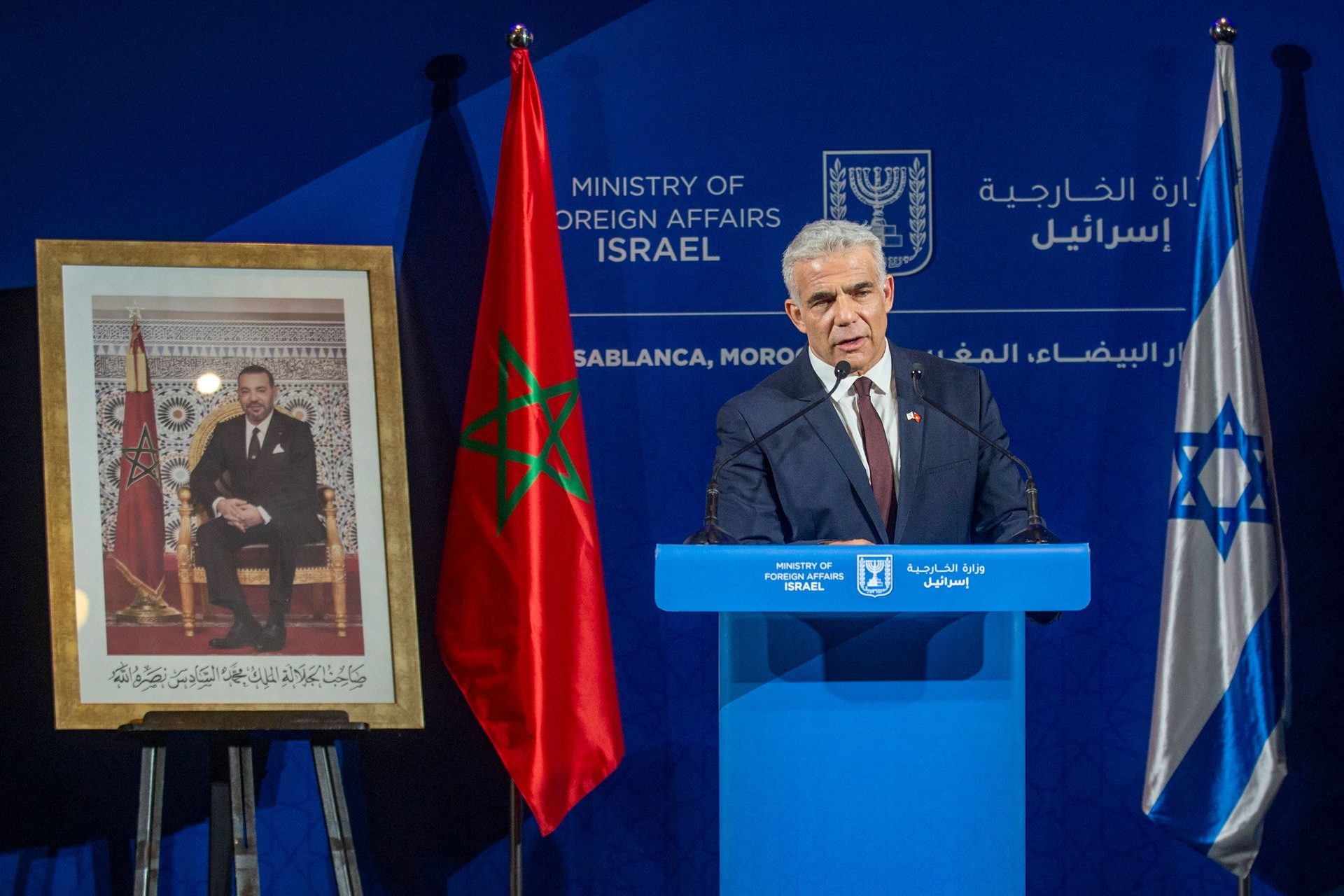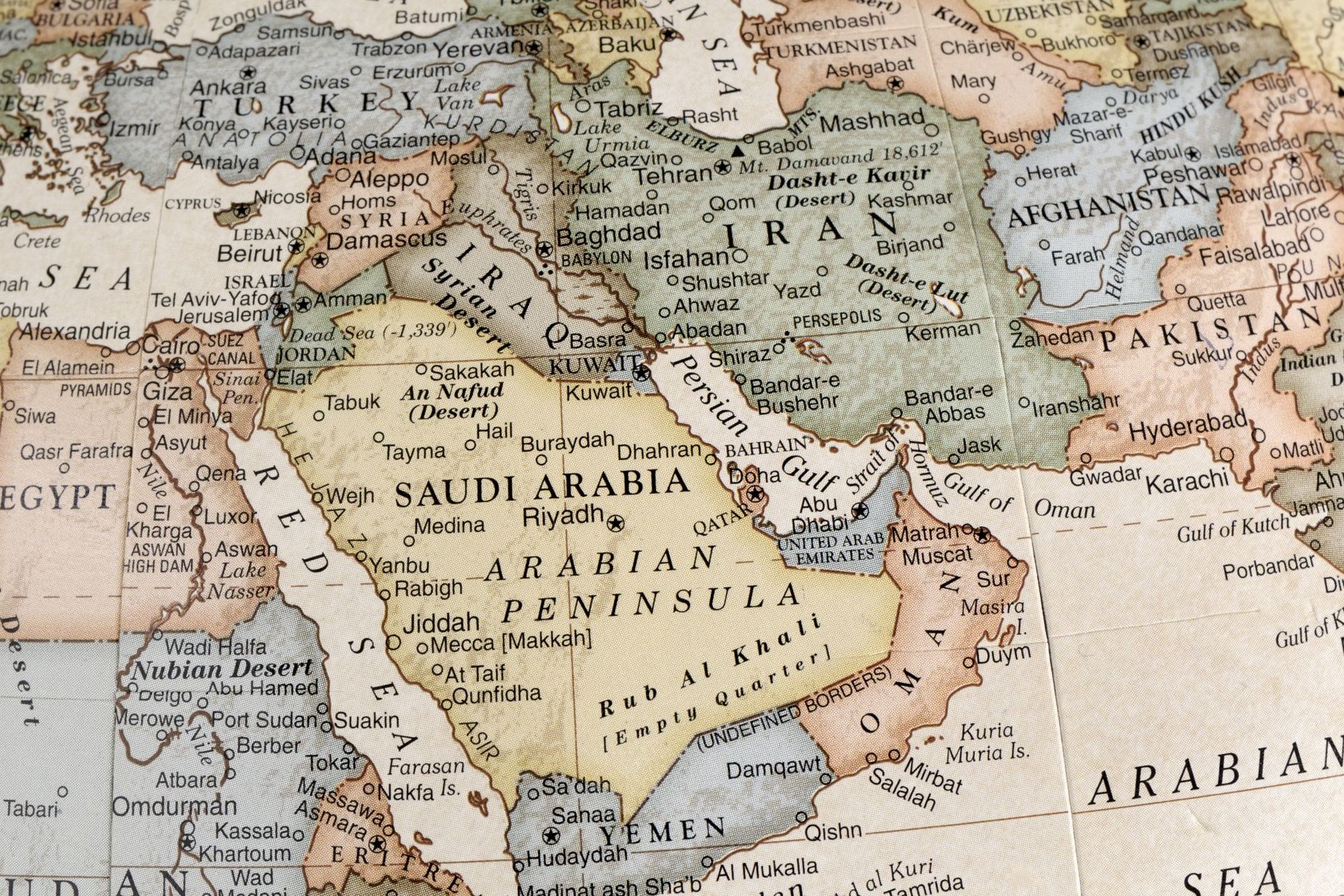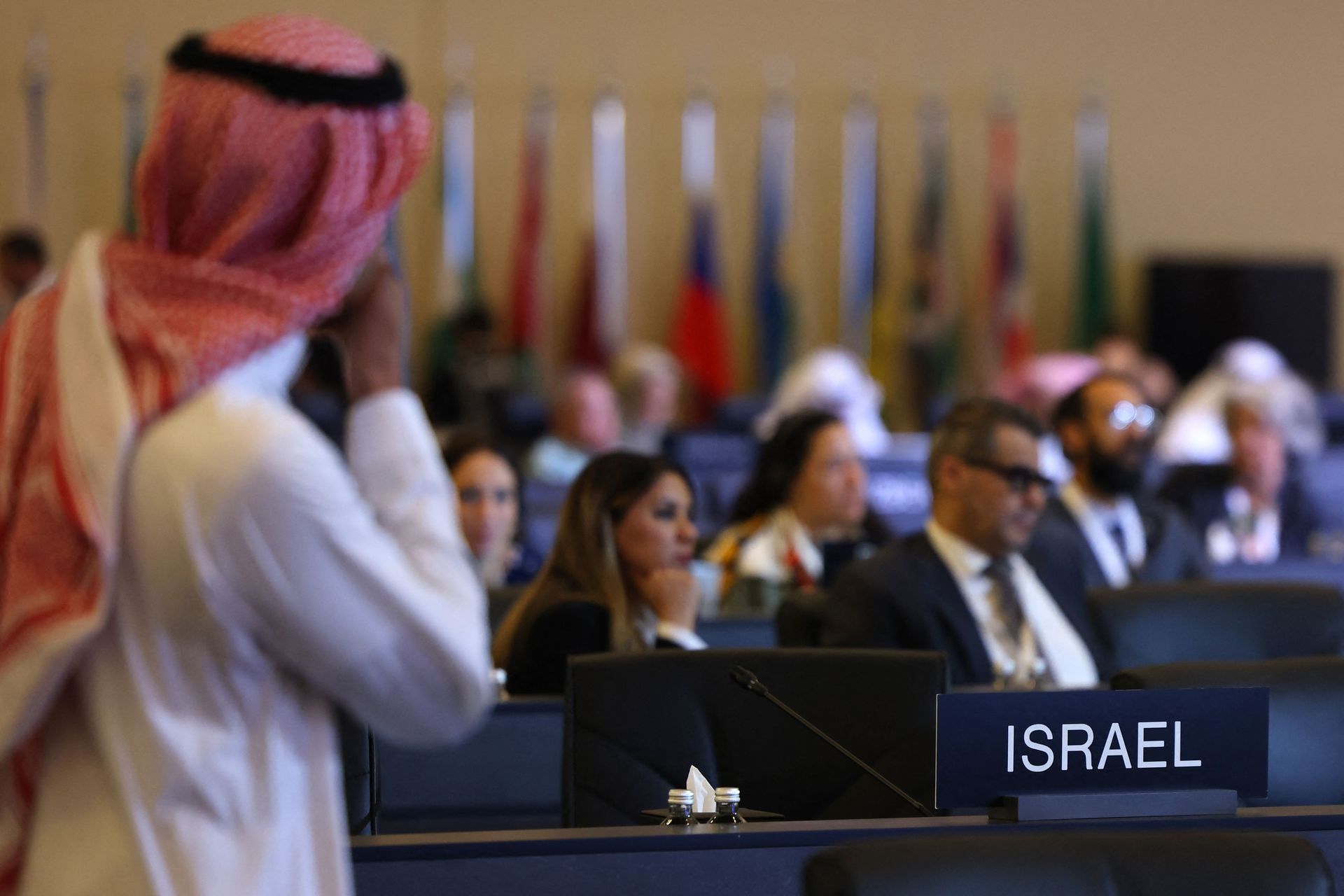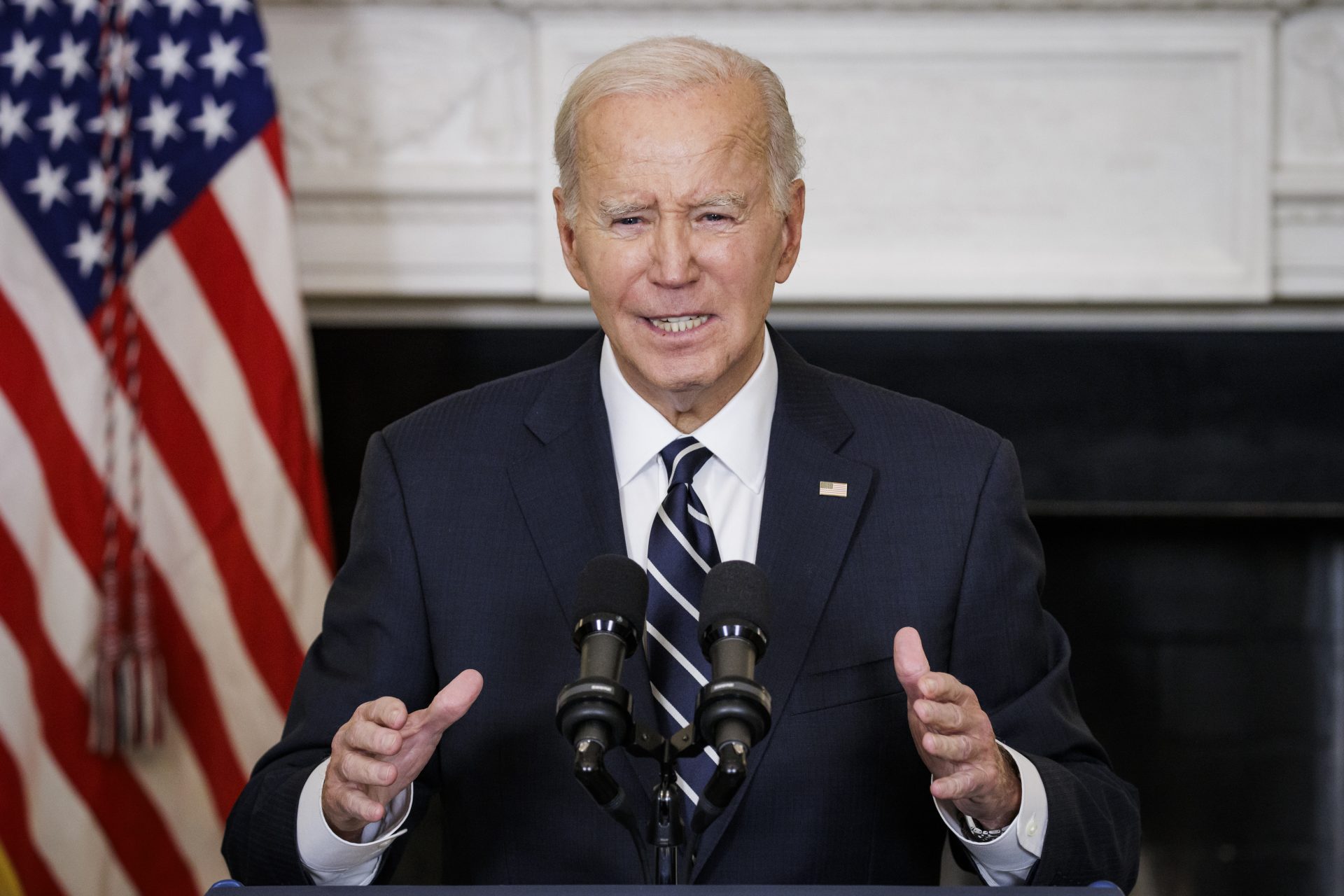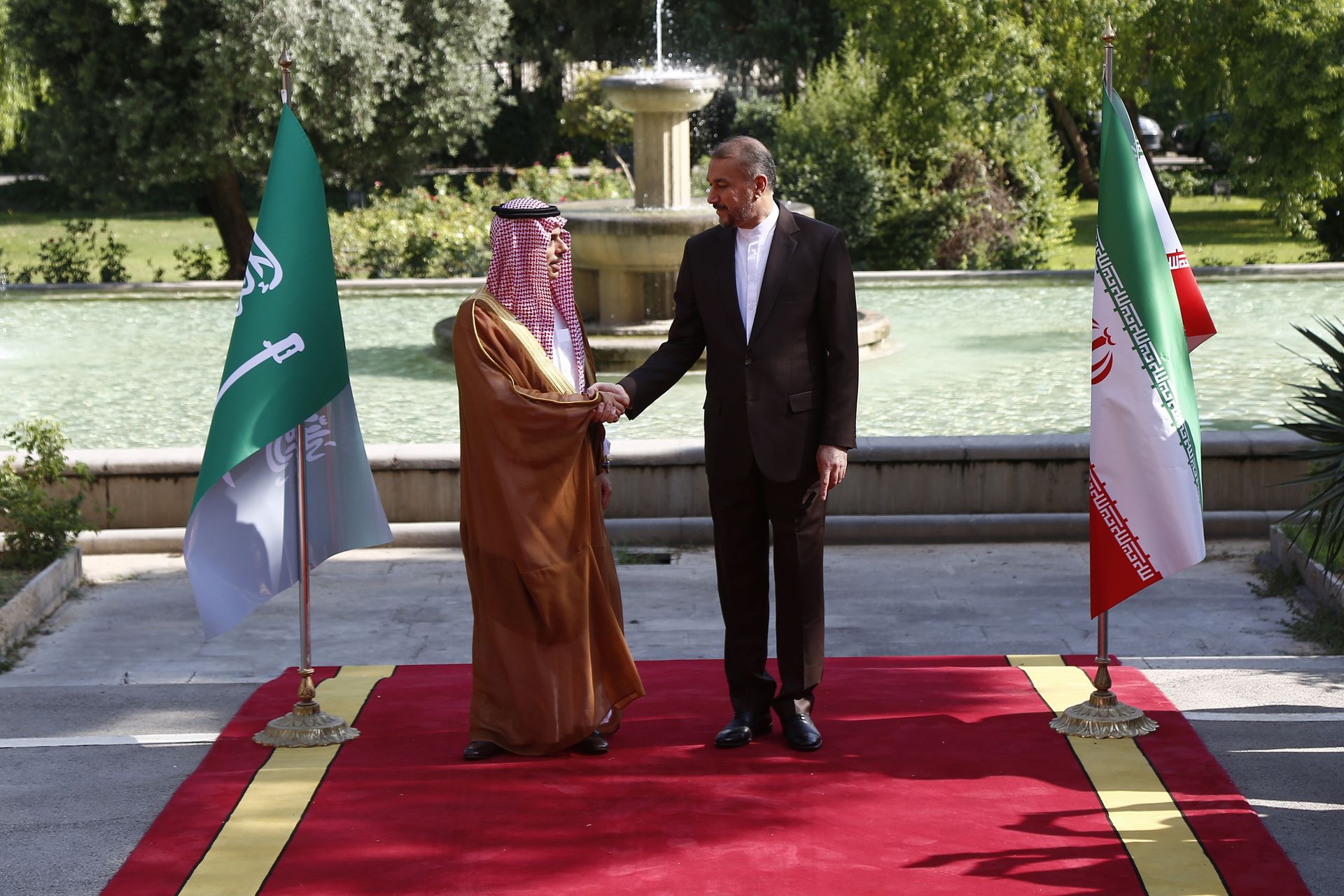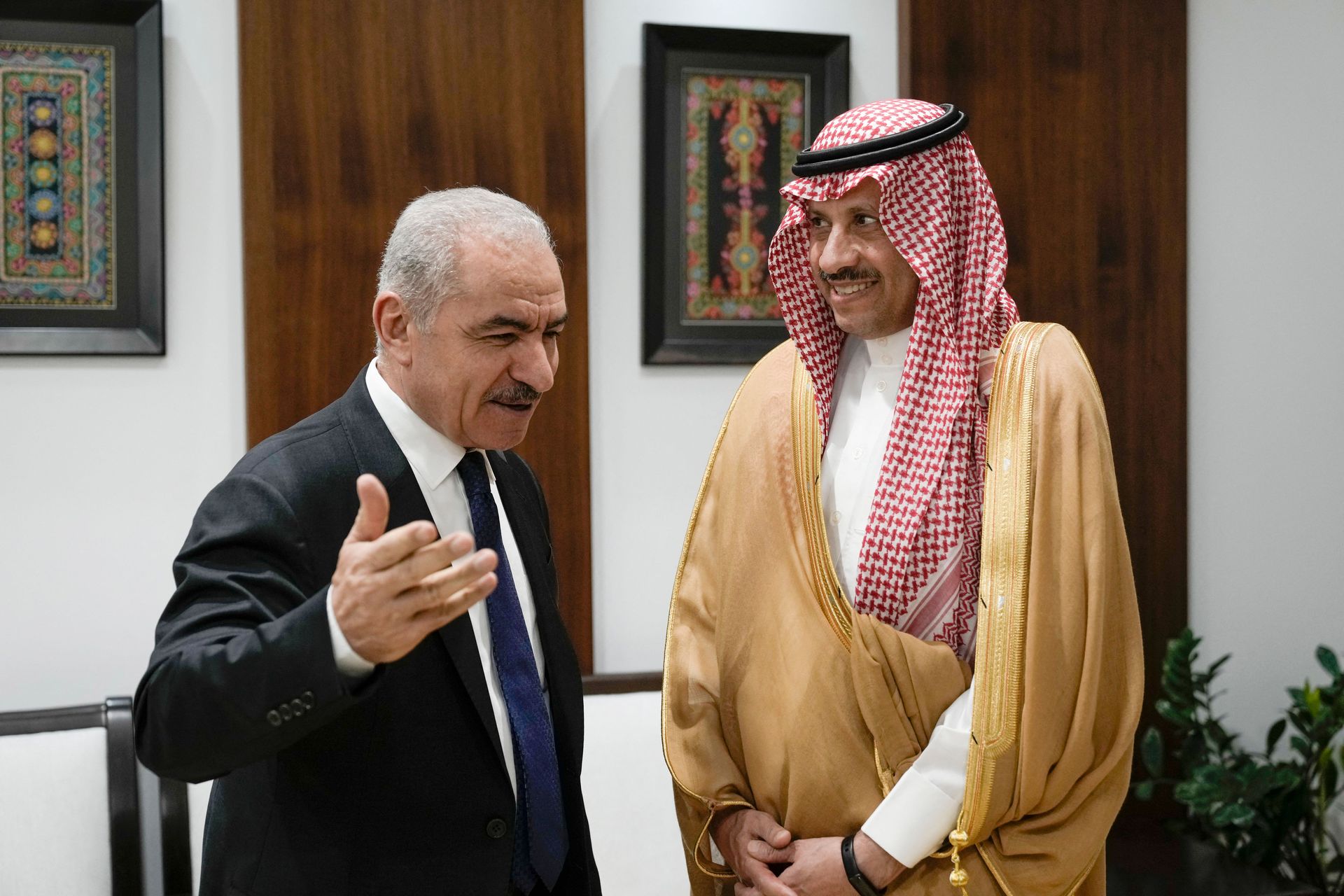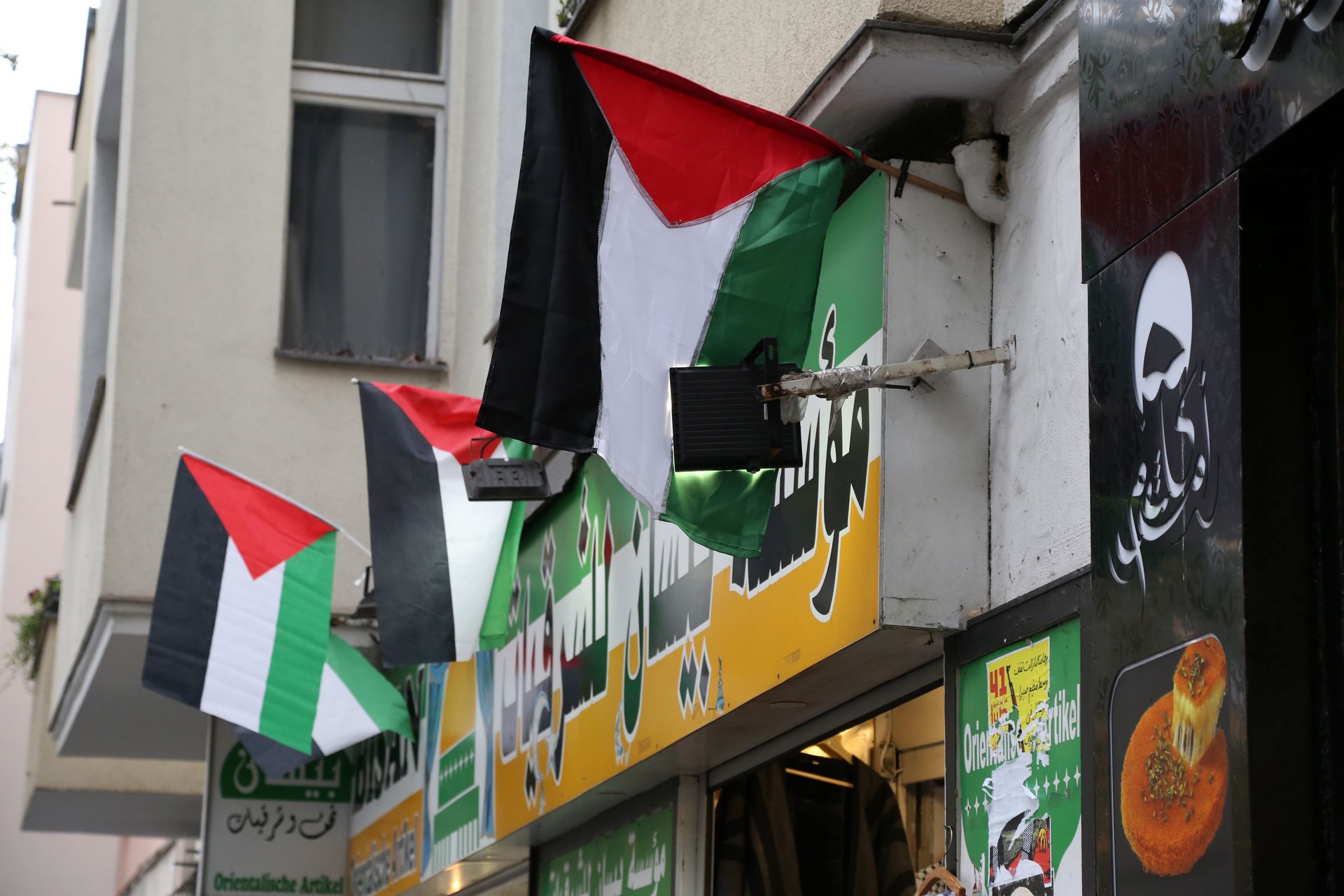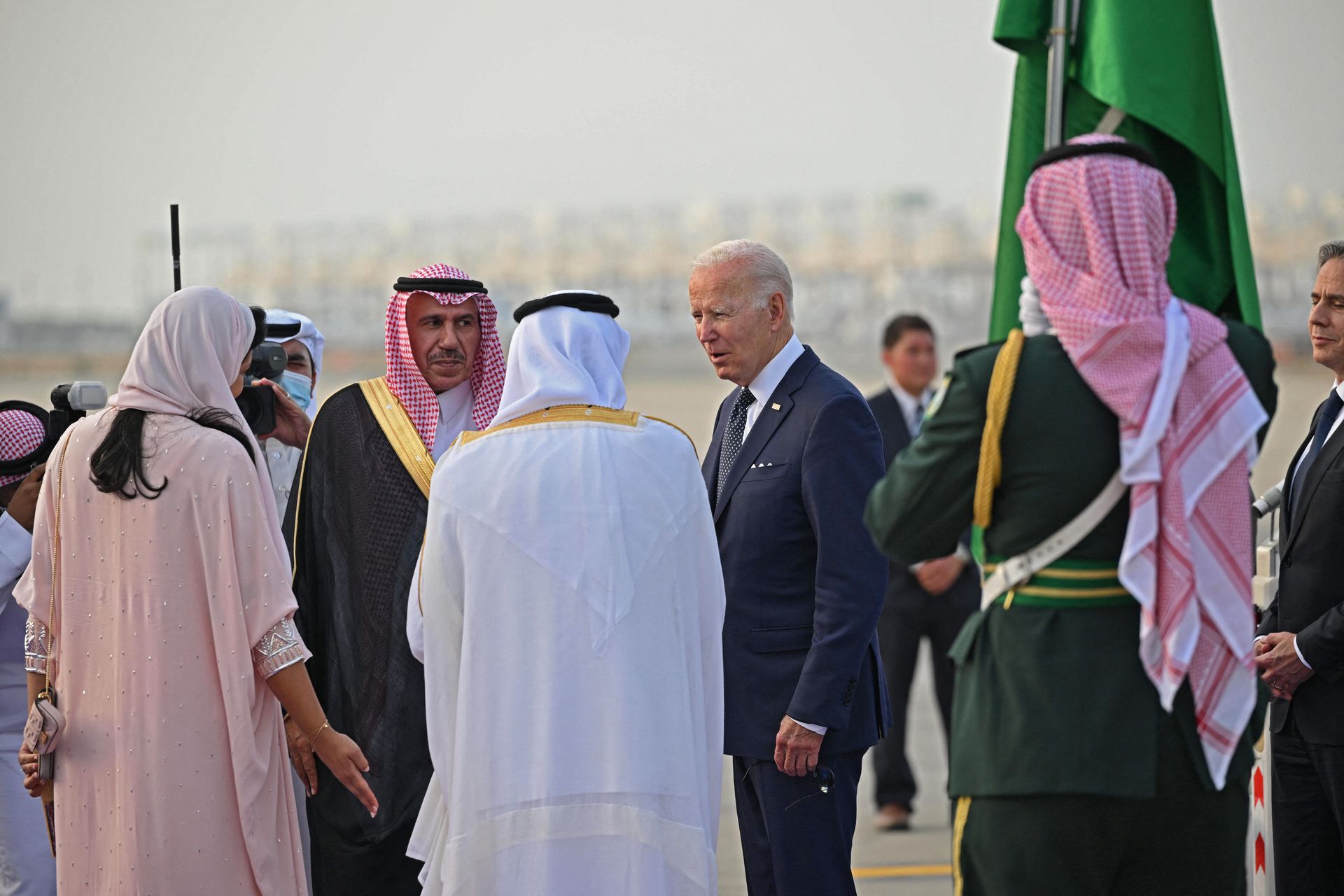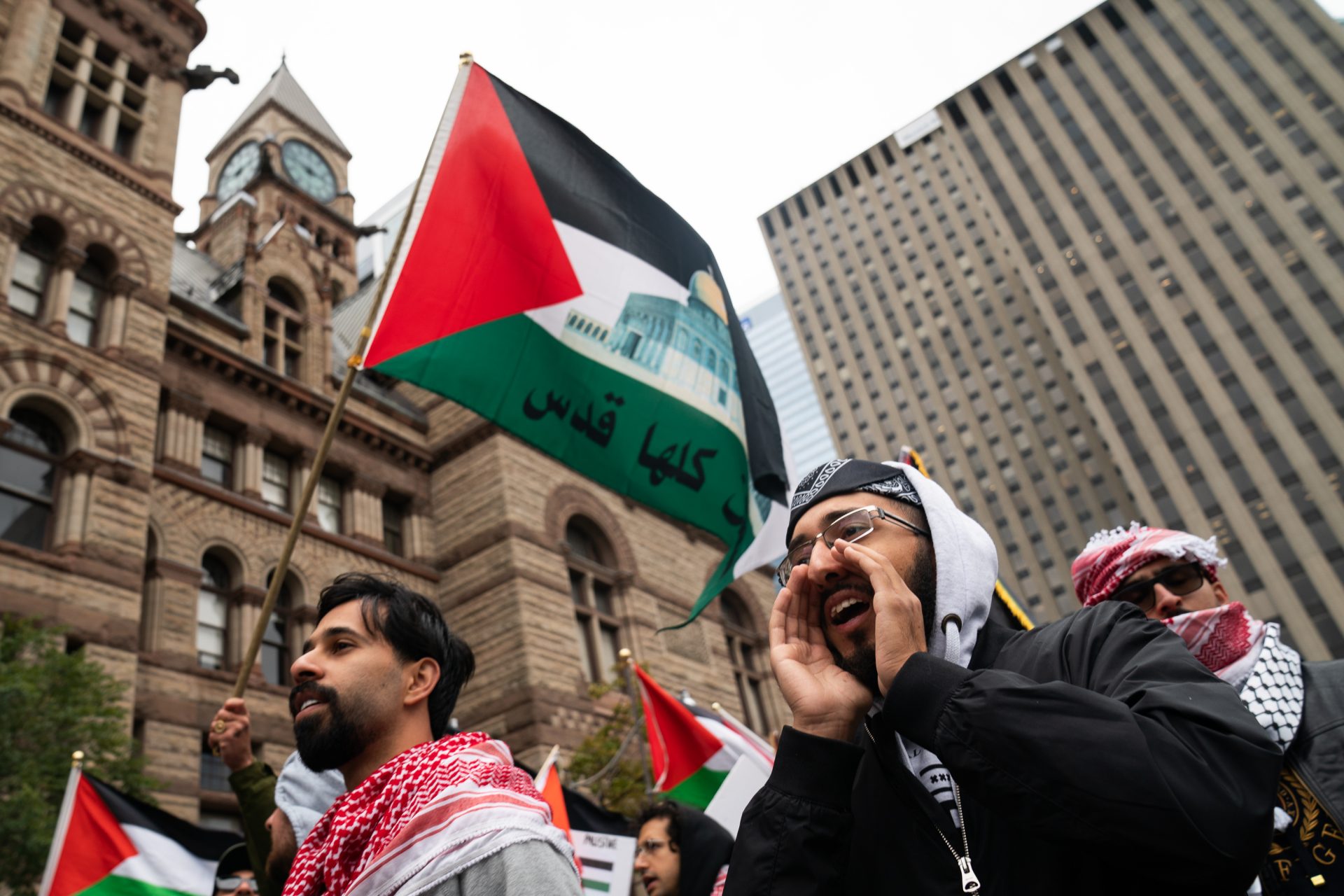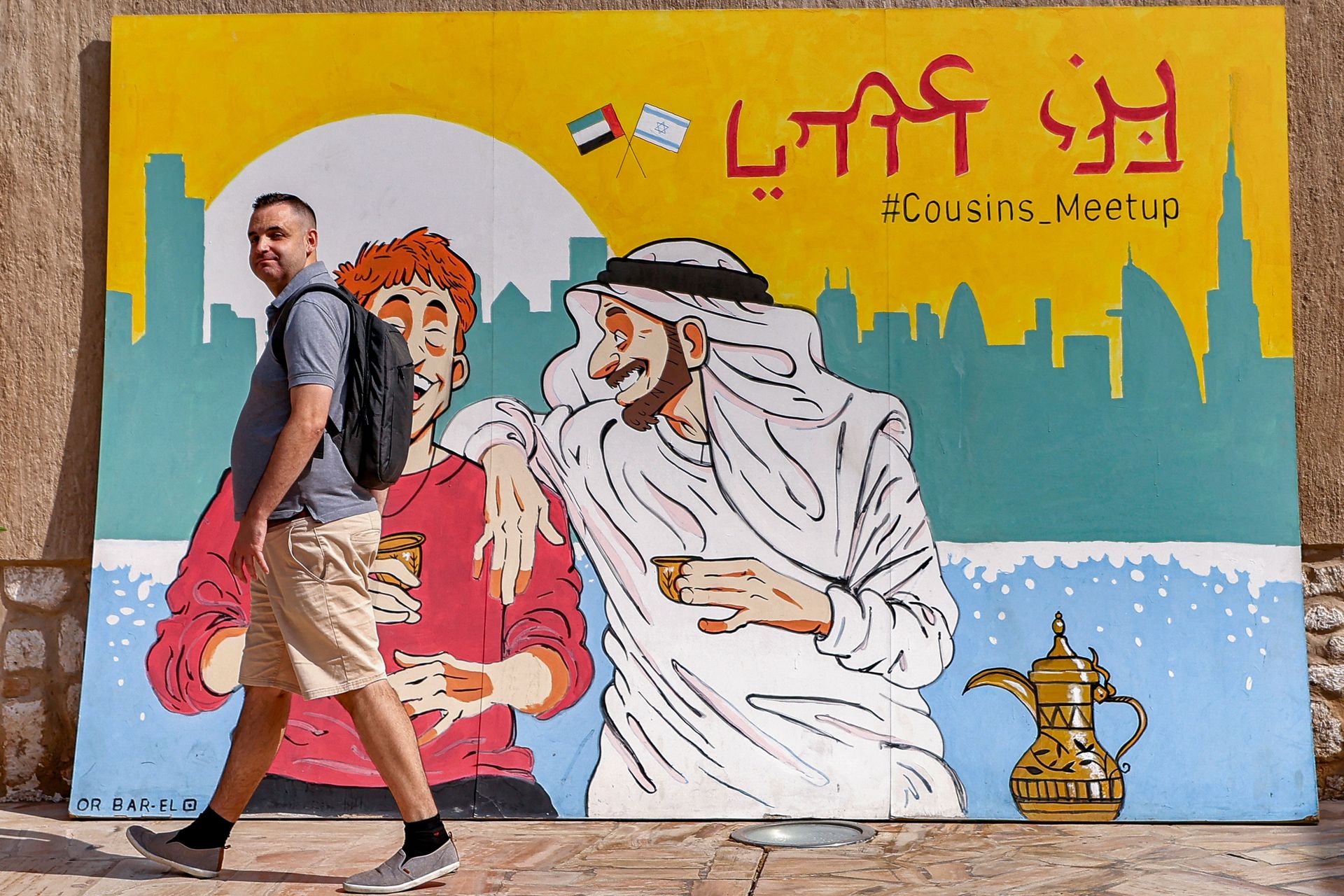Hamas attacks and Israeli response: the end of normalization between Israel and Saudi Arabia?
The whole world has been stunned by the attacks perpetrated by Hamas on Israeli territory that began on October 7.
The Israeli army immediately responded and fighting intensified in the area. As of October 15, the death toll had already reached at least 2,670 and 9,600 wounded in Palestine. Hamas took the lives of 1,400 Israelis and took took 199 Israelis hostage according to CNN.
But Hamas' bloody offensive took place in a specific international context and is part of a more complex global geopolitical background between Israel and the Arab world.
@Liam Sims / Unsplash
Hamas is officially supported by its traditional allies, the Lebanese Hezbollah and especially Iran. The mullahs' regime does not hide its desire to destroy the Jewish state.
But not all Arab countries have the same wishes, several of them having normalized their relations with Israel in recent years.
In September 2020, the Abraham Accords, signed under the patronage of the United States, sealed the normalization of relations between Israel, on the one hand, and the United Arab Emirates and Bahrain, on the other.
By the end of 2020, two important states in the Muslim world, Sudan and Morocco, had joined the agreement, providing hope for more lasting peace in the region.
Fearing growing isolation in the region, the Palestinian Authority denounced a “despicable decision” by Abu Dhabi, as reported by 'The Times of Israel'.
Geopolitical developments in recent years have thus revealed an increasingly marked divide between Sunni states, more inclined to dialogue with Israel, and the Shiite world, which remains very hostile to the Jewish state.
Saudi Arabia did not join the Abraham Accords. However, a rapprochement between the kingdom and Israel is underway, with recognition of the Hebrew state by Riyadh.
This normalization of Israeli-Saudi relations is strongly desired by the United States, and in particular by President Joe Biden who wishes to display such success on the international scene in the perspective of the 2024 presidential campaign.
Saudi Arabia has also set its conditions for such an agreement, namely security guarantees from Washington and American aid in the field of civil nuclear power.
Nothing had yet been done before the Hamas attack which only complicated the situation. Earlier this year, Riyadh unexpectedly moved closer to Iran, which is both its old rival and Israel's sworn enemy.
Furthermore, recent events have led Saudi Arabia to return to a more classic discourse of condemnation of Israeli policy and support for the Palestinians.
The Saudi crown prince, Mohammed Ben Salman, declared on the American channel 'Fox News' that his country must “make life easier for the Palestinians”.
Marginalized by the warming of relations between Israel and Arab countries, Hamas seeks to generate a reaction of solidarity in the Arab world in the face of Israeli reprisals. And thus to derail the current normalization process.
As noted by the 'Financial Times', American efforts to bring Israel and Saudi Arabia closer together are being called into question by the unexpected attacks by Hamas.
"Hamas threw a bomb into the room. The aim is to push the Israelis into reprisals that make it impossible for the Saudis to go ahead with normalizing relations," said Hussein Ibish, a researcher at the Arab Gulf States Institute in Washington, was quoted saying by ' The World'.
Is peace and reconciliation between the peoples in the Middle East impossible? The last few days have in any case reminded us of the complexity of regional issues and the long road that remains ahead.
More for you
Top Stories



